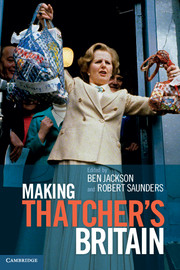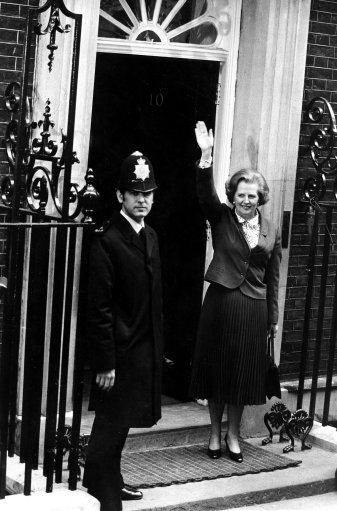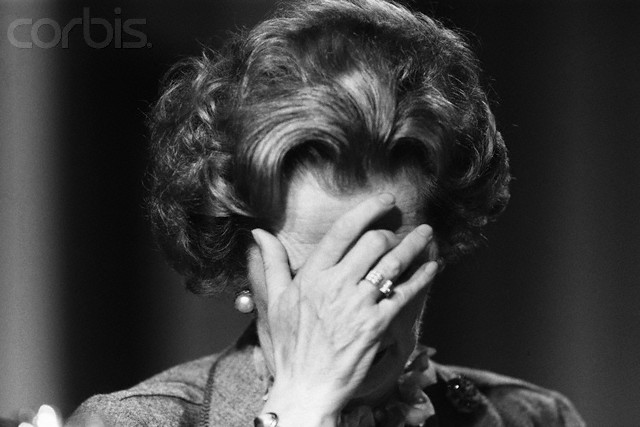
Plans for regional banks are a radical leap for Britain
Outside the banking sector and its critics, not everyone grasped the radicalism of Ed Miliband’s announcement a few weeks ago that the next Labour government will establish a network of regional banks. But this was policymaking at its best, signalling a commitment to radically reform the relationship between finance and the real economy and a determination to make Labour the party of small businesses across the nation.
The British banking system is astonishingly uncompetitive: 89 per cent of all our businesses are dependent on the five major clearing banks. Yet over the last 30 years these banks have become disconnected from the needs of these businesses, seeking quick profits in the City and in the property markets rather than long term investments in the industries and regions outside the southeast. Duncan Weldon has calculated that, in the decade before the crisis, 84% of the money lent to British residents by British banks went into property and financial services.

‘Making Thatcher’s Britain’: an interview with Robert Saunders
Robert Saunders is co-editor (together with Ben Jackson) of Making Thatcher’s Britain. He teaches History at Jesus College, Oxford, and Politics at Lincoln College. I really enjoyed Making Thatcher’s Britain. Can I start by asking a biographical question about Thatcher before we get to the book — how did she come to lead her party in 1975? Was it a result of a careful campaign or happenstance? There was a degree of good fortune to the affair. If Ted Heath had resigned a year earlier, or if Keith Joseph had run in 1975, Thatcher would not have been a candidate. She won partly because of a brilliant campaign organisation, and partly because she was the only one willing to challenge such a dominant leader. But …

Podcast – The Legacy of Margaret Thatcher: a Q & A with Gillian Peele
In 1975 Margaret Thatcher defeated Edward Heath for the Leadership of the Conservative Party. Both have a firm claim to be the Prime Minister with the humblest origin. Both resigned after failing to defeat a challenge to their leadership on the first ballot. In the words of Malcolm Rifkind, both were ‘strong-willed, stubborn and convinced of their own rectitude’ (Thatcher’s most famous quality but also one that Tony Blair cited in his 2005 eulogy for Ted Heath). But these similarities are as tittle tattle compared to the fact that as prime minister both faced the same governing challenge, the same kernel of the same problem: how to govern a country that some said had become ungovernable. This is where their fortunes diverge sharply. How did the figure of Margaret Thatcher so completely come to overshadow that of her predecessor as Conservative Leader? That is the subject of this podcast by Dr Tom Lubbock and Gillian Peele.

Thatcherism outlives Thatcher
‘We have created the new common ground, and that is why our opponents have been forced to shift their ground…We are told the Social Democrats now see the virtues of capitalism, competition and the customer. We have entered a new era. The Conservative Party has staked out the common ground, and the other parties are tiptoeing onto it.’
“The facts? The facts? I have been elected to change the facts!’’
Lady Thatcher was loved, loathed and never ignored. Thatcher can be classed together with David Lloyd George and Clement Attlee as political leaders who sought power with the express intention of changing society, and did so to the best of their ability. Thatcher was reputedly asked what her greatest legacy was and she answered ‘New Labour’. Peter Mandelson, meanwhile, a doyen of New Labour, stated in June 2002, ‘We are all Thatcherites now!’.

Growth vs Equity: What the John Lewis strike says about outsourcing and employee ownership
John Lewis’s outsourced cleaners are striking for a living wage. You might be inclined to file that under obvious – where in the world are cleaners not outsourced and underpaid? With John Lewis, though, it points to an important general problem with the viability of employee ownership of businesses (for readers outside Britain, the John Lewis Partnership is owned by its 81,000 employees; it is a successful operator of department stores and supermarkets, and its annual profit-sharing bonus for employees is widely reported in the media).
Since the 1950s, economists have speculated that a profitable employee-owned business would not grow as much as the same business would if it were owned by capitalists, because the incumbent workers would not want to dilute their individual shares of profits by adding new worker-owners. This argument is known as the Illyrian Model, for reasons to do with the name of a province of the Roman Empire and the practice of worker-self management in Communist Yugoslavia, but that’s a story for another time. Within a capitalist economy, workers who happen to own their business can try to have the best of both worlds. By hiring non-owner employees whenever an opportunity for growth presents itself a two-tier system is produced – owners and non-owners – and this has been widely seen as leading to the degeneration of the worker-owned company, marking its gradual descent into capitalist ownership. Notice that the Illyrian model is both a prediction about the fate that will befall worker-owned enterprises (they will either stay small, or stop being worker-owned), and an explanation for why worker ownership is not more widespread.
John Lewis has long been seen as an important counter-example to the Illyrian model, a case which casts doubt on the economists’ gloomy prediction.

Unpacking ‘the 99 per cent’
Occupy has spotlighted the super-elite, but the ‘average Brit’ that is pitted against this class does not exist. For the struggle to empower all citizens to succeed in Britain, mapping actual wealth distribution is critical. [This is the second of three pieces exploring wealth distribution in Britain. It sits within our Democratic Wealth debate, in partnership with OurKingdom.]

Predicting the Eastleigh by-election
Tomorrow the voters of Eastleigh go to the polls to select a new MP following the resignation of Chris Huhne. The eyes of observers of British politics are keenly trained on the outcome of the by-election because it might give us some early clues to some serious questions about the next election: How are voters going to respond when faced with two incumbent government parties? Is Liberal Democrat support going to evaporate? What is the effect of UKIP going to be?

Getting involved with the policy commission on UK wealth distribution
The University of Birmingham established a Policy Commission on the Distribution of Wealth in September of last year to bring leading figures from the public, private and third sectors together with Birmingham academics to generate new thinking on this issue. We published Wealth inequality: key facts in December to stimulate debate and then identified a number of key questions about the nature of any ‘problem’ of wealth inequality. As one of those working on this project, I would like to set out the questions it is raising, put the call out for responses and invite readers to attend the two public debates we are holding after our evidence-gathering phase, which runs until the end of March. We plan to launch the findings of the Commission in October in the House of Lords. Details on how to get in touch are at the end of this piece. [This is the first of three pieces exploring wealth distribution in Britain. It sits within our Democratic Wealth debate, in partnership with OurKingdom]









